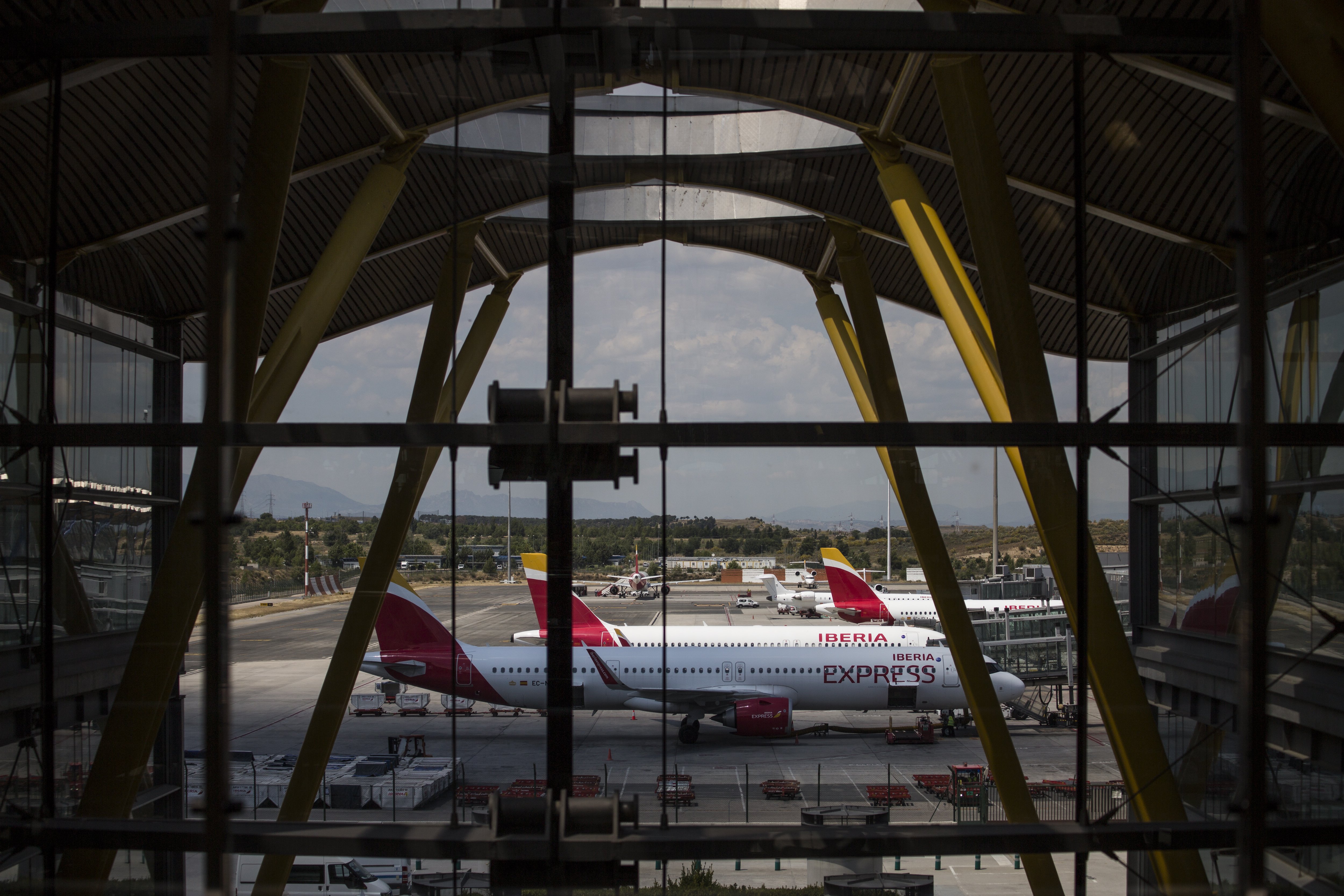The alarm is sounding. European Union countries are preparing to cancel all flights to or from South Africa and six other African countries due to fears that the new Omicron variant of the coronavirus will be carried along these routes, according to Europa Press. Specifically, the restrictions will be in effect “for fourteen days” on flights arriving from or leaving for South Africa, Botswana, Swaziland, Lesotho, Namibia, Mozambique and Zimbabwe.
Representatives of the 27 European member states met early on Friday afternoon to study the European Commission's proposal to apply the "emergency brake" that allows the closure of the external European border with certain countries where variants of interest are located or are causing concern. Thus, Brussels has taken the initiative in response to the request of several member states to take this step, and the issue received the support of other members at a meeting held in the EU capital.
Emergency brake
The 27 have common guidelines that provide for the activation of an "emergency brake" to coordinate the closure of the external border to countries where new variants are detected that could pose a risk for the control of the coronavirus pandemic in the EU. The instrument is based on a recommendation from the European Commission to define "practical coordination", but does not imply a "legal obligation" for member states, which retain exclusive competences in this matter and decide individually how to act with regard to the traffic on their borders.
It is in this context that the Spanish government announced this afternoon that it will restrict the arrival of flights from South Africa and Botswana due to the appearance of the new Omicron variant. At the same time, a test for the virus and a vaccination certificate will be requested from passengers coming from high-risk areas.
A case in Belgium and sharemarket falls
Due to its rapid emergence as a "variant of concern", the World Health Organization has only today labelled the new variant with the Greek letter omicron. The variant detected in southern Africa has, it says, "a large number of mutations, some of which are concerning".
The countries of the European Union moved quickly this afternoon after it became known that the Omicron variant had already arrived on the continent. Specifically, a case was located in Belgium, in a woman who had arrived from a trip to Egypt which included a stopover in Turkey. The diagnosis was confirmed by UZ Leuven University Hospital in Leuven after the woman, who had not been vaccinated, began to develop symptoms eleven days after making the trip to Egypt.
After the case became known this Friday, Switzerland imposed quarantine measures on travellers arriving from Belgium, as well as from the non-European countries where the new variant has been detected. France said it would tighten checks on its northern border. The Omicron effect also reached the stockmarket: Spain's Ibex 35 index closed 5% down, its biggest one-day fall since June 2020, with transport-related companies faring the worst.
Meanwhile, the European Medicines Agency (EMA) has considered it "premature" to predict whether it will be necessary to adapt vaccines "with a different composition" to deal with the emerging variant. "The data known so far is insufficient to determine the extent to which the new variant can evade the protection afforded by vaccines," an EMA source told the Efe agency.
Main image: Iberian airline planes parked at Madrid's Barajas airport / Europa Press

